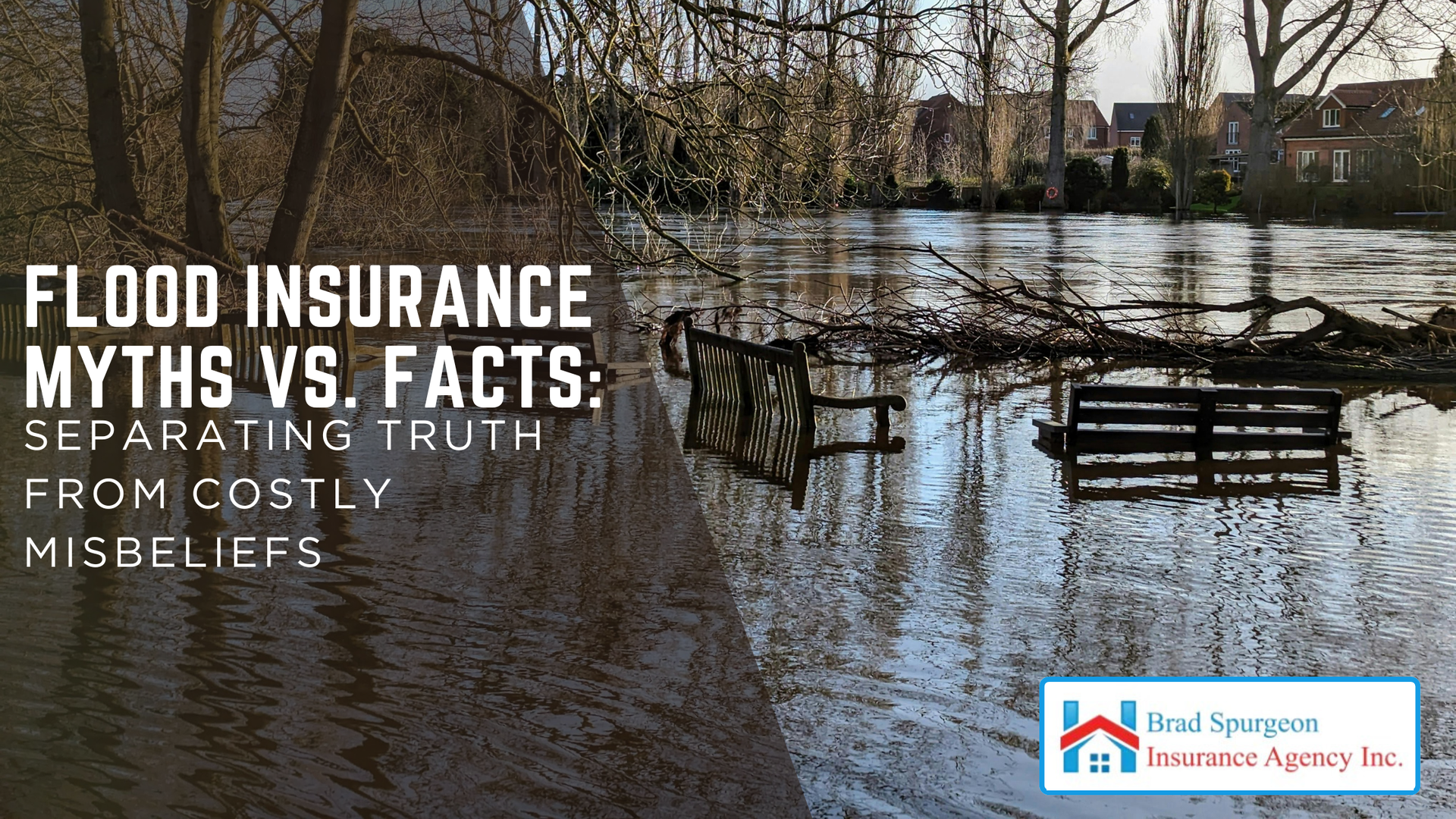Filing a home insurance claim can seem like a daunting task, especially after experiencing damage to your property. However, understanding the steps to take and the pitfalls to avoid can make the process smoother and less stressful. Whether your home has suffered from a fire, storm damage, a break-in, or another unfortunate event, knowing how to handle a claim efficiently can ensure you get the coverage you need to repair or replace damaged property. In this article, we’ll guide you through the essential steps to follow when filing a claim, and highlight common mistakes you should avoid.
The first and most important step in filing a claim is contacting your insurance company as soon as possible. Most insurers have a dedicated claims hotline available 24/7, so don’t delay in notifying them about the incident. Reporting a claim promptly helps ensure a quicker resolution and can sometimes prevent further damage to your property.
Provide the following details to the insurance representative:
- A description of the damage or loss
- The date and time of the incident
- Photos or documentation, if available
- The names of any involved parties (if applicable, such as during a break-in or accident)
Before you make any repairs, take thorough photos or videos of the damage to your property. This documentation will serve as crucial evidence for your claim. Be sure to capture the full extent of the damage, including close-ups and wide-angle shots, as this can help with your case.
If possible, write down a detailed inventory of the damaged items. The more information you provide, the better. For larger claims, such as those involving significant property damage or loss, it may be worth enlisting a professional appraiser to help assess the value of the damage.
While it’s important to make temporary repairs to prevent further damage (e.g., boarding up windows, putting a tarp over a leaky roof), avoid making permanent repairs until your insurer has had a chance to assess the situation. Making repairs without consulting your insurance company could result in them refusing to cover certain costs.
Retain receipts for any emergency repairs, as these costs may be reimbursed as part of your claim.
Before submitting a claim, review your insurance policy to understand your coverage limits, exclusions, and the specific details of your protection. You want to be sure that the damage is covered by your policy and understand any deductibles or limits that may apply.
If you’re unsure about your coverage or have questions about your policy’s terms, reach out to your insurance company for clarification. Understanding your policy will help you set expectations for how much of your claim will be covered.
It’s vital to document every conversation you have with your insurance company throughout the claims process. Record the date, time, the name of the representative you spoke with, and the details of your discussion. This will help you keep track of the progress and serve as a reference if any issues arise later.
Additionally, follow up on your claim periodically to ensure that it is being processed in a timely manner.
Once you’ve filed your claim, an insurance adjuster will likely be assigned to assess the damage. The adjuster’s job is to inspect the property and determine the extent of the damage, as well as estimate the cost of repairs. Be present during the inspection to provide additional information or clarification, and ensure they have access to all the areas affected by the damage.
Be prepared to cooperate with the adjuster, but also remember that you are entitled to request a second opinion or independent assessment if you disagree with their evaluation.
- Failing to Be Honest
Always be truthful when filing a home insurance claim. Providing false or exaggerated information can result in your claim being denied, or worse, your policy being canceled. It’s important to report all facts accurately, including any prior damage to your property, even if you believe it may hurt your case. Transparency is key to ensuring a smooth and successful claim process. - Waiting Too Long to File a Claim
Delaying your claim can make it more difficult to prove your case. Insurance policies typically have a time limit for filing claims, known as the "statute of limitations." If you wait too long to report the damage, you may miss out on your opportunity for reimbursement. Make sure you understand the time frame within which claims must be filed, and report damage as soon as it occurs. - Throwing Away Damaged Property
While it’s important to start the clean-up process, do not dispose of any damaged items until your insurance company has had the chance to inspect them. Once the damage is reported and assessed, you can discard or replace the items. Retaining the damaged property can help the insurance adjuster verify the claim and determine the value of the damage. - Underestimating the Damage
Be as thorough and detailed as possible when documenting the damage. Sometimes, homeowners may underestimate the damage or overlook certain items that need to be replaced. Ensure that all damaged property is accounted for and properly documented. Overlooking damage could result in a smaller payout or a denial of some costs.
- Ignoring Your Deductible
Make sure you understand your deductible before filing a claim. A deductible is the amount you’ll need to pay out-of-pocket before your insurance kicks in. If the damage is minimal and the cost of repairs doesn’t exceed your deductible, it may not be worth filing a claim at all. Carefully evaluate the situation to determine whether it makes financial sense to proceed with the claim.
Filing a home insurance claim doesn’t have to be a stressful process. By following the correct steps—contacting your insurance company early, documenting the damage, and keeping track of communications—you can simplify the process and increase the likelihood of a successful claim. Avoid common mistakes, such as underreporting or waiting too long, and make sure your policy is updated and reflective of your needs.
Home insurance is there to protect you when life’s unexpected events occur. By understanding how to file a claim correctly and avoiding mistakes, you ensure that your home is properly protected and that you get the support you need to recover quickly. Be proactive, stay organized, and ensure you’re always prepared when it’s time to file a claim.
At Brad Spurgeon Insurance Agency Inc., we aim to provide comprehensive insurance policies that make your life easier. We want to help you get insurance that fits your needs. You can get more information about our products and services by calling our agency at (409) 945-4746. Get your free quote today by CLICKING HERE.
Disclaimer: The information presented in this blog is intended for informational purposes only and should not be considered as professional advice. It is crucial to consult with a qualified insurance agent or professional for personalized advice tailored to your specific circumstances. They can provide expert guidance and help you make informed decisions regarding your insurance needs.










